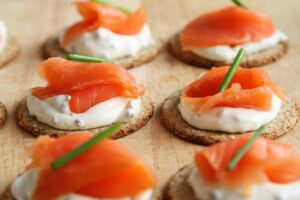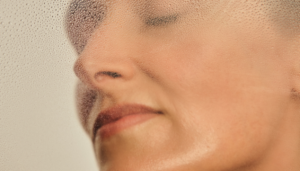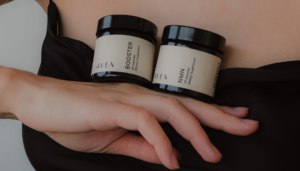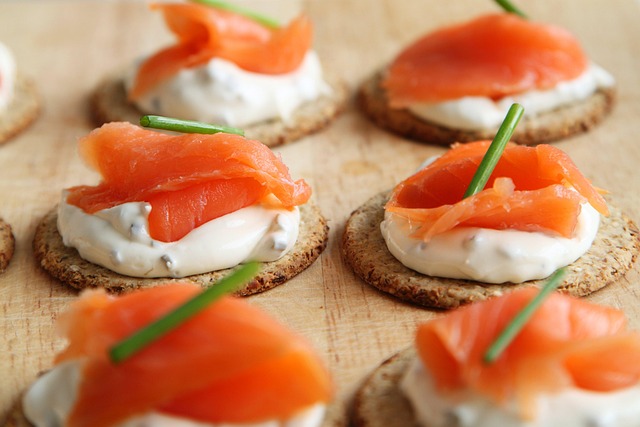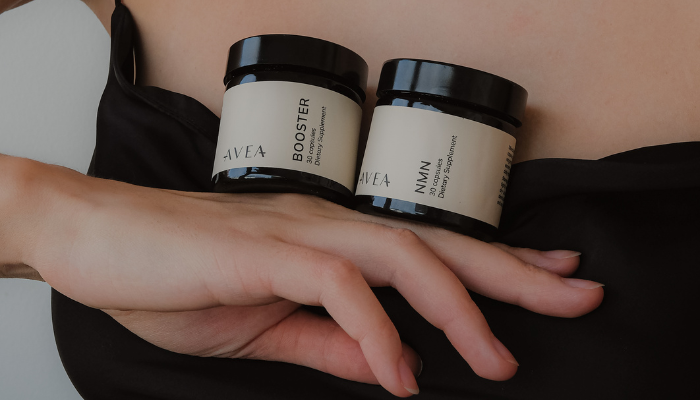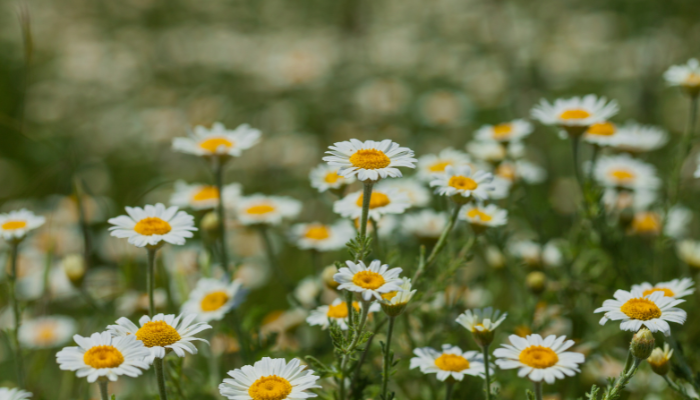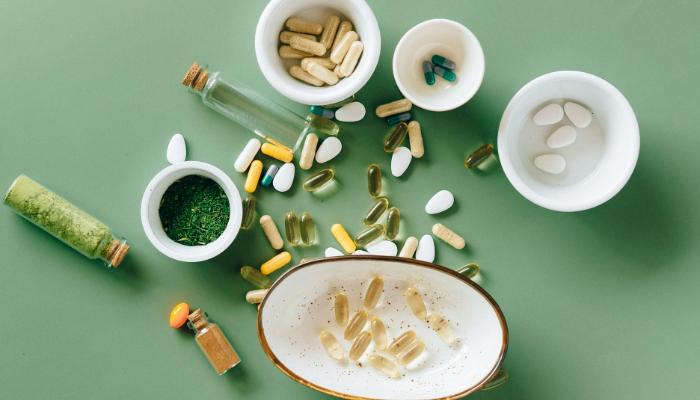Everything we need is already found in nature. From the food we eat, to the medicines that heal us, the natural world provides an abundance of resources that are essential for our survival and well-being.
Since the 1980s, nutraceuticals—food components with both nutritional and medicinal benefits—have been harnessed for health and longevity. However, these bioactive compounds, including vitamins, minerals, amino acids, probiotics, and herbal extracts, have been used for millennia.
Nutraceuticals can be derived from plants, fungi, bacteria, or animals and are often concentrated into forms like pills or supplements to prevent or treat diseases.
One of the most potent and fascinating nutraceuticals is Astaxanthin, renowned for its incredible antioxidant power—up to 6,000 times stronger than Vitamin C, and 100 times more potent than Vitamin E .
Explore this Avea article to discover why Astaxanthin is the top choice for longevity seekers, and how it can enhance your health and well-being.
In this article
FREE anti-ageing guide

- Master the science of rejuvenation.
- Apply proven tips to turn back the clock.
- Transform your health with top longevity specialists.
What is Astaxanthin?
Astaxanthin is a reddish-orange pigment with highly potent antioxidant and anti-inflammatory properties. It is produced by various marine and freshwater microorganisms, such as microalgae, fungi, lichens, and bacteria.
It’s what gives salmon, trout, shrimp, and even egg yolks their colour. Fun fact: wild salmon has higher Astaxanthin levels (26–38 mg/kg) compared to farmed salmon (6–8 mg/kg)—another reason why you should go for wild salmon.
What is the source of Astaxanthin?
Astaxanthin is primarily produced by the microalga Haematococcus pluvialis. However, for use in fortified foods or supplements, it is often commercially synthesised through chemical processes. This allows for broader availability and consistent quality in various products.
How good is Astaxanthin?
Astaxanthin can interact with cell membranes, trapping and neutralising ROS both within and on the surface of the membrane, making it a stronger antioxidant compared to other common antioxidants like Vitamin C, CoQ10, Vitamin E, and β-carotene .
Its structure, with 13 conjugated double bonds and specific hydroxyl groups, allows it to neutralise reactive oxygen species (ROS) efficiently.
Because of its diverse benefits, Astaxanthin is used globally in food and supplements, available in various forms such as tablets, capsules, and creams. It’s also a food dye (E161) approved by the European Commission.
Is Astaxanthin safe? What are its side effects?
The side effects and drawbacks of Astaxanthin are not well-documented, and its safety profile is generally considered good.
However, there is concern that large doses of antioxidants, including Astaxanthin, might impair some exercise adaptations, such as mitochondrial biogenesis. This potential effect remains theoretical until properly tested by further research.
How many mg of Astaxanthin should you take per day?
Astaxanthin is typically recommended in doses ranging from 2-8 mg daily, which can often be obtained in longevity supplements. Higher doses, up to 20-50 mg, have been tolerated in studies, but the exact toxicity and upper limit are not well-defined.
Since Astaxanthin is a carotenoid related to the metabolism of Vitamin A (a fat-soluble vitamin), it is advisable to take it with a meal to enhance absorption.
The best Astaxanthin supplement
Experience longevity inside and out with our 100% vegan Collagen Activator, developed with collagen and skin experts. It is clinically validated to improve skin hydration and texture within just 30 days.

Developed in collaboration with ETH Zurich scientists
The Collagen Activator has been proven to be 4x more effective than standard collagen supplements. Instead of peptides, it consists of direct amino acids – proline, glycine, and hydroxyproline – ensuring easier absorption and significantly enhanced collagen turnover.
Our patent-pending blend, Colgevity™, is combined with 4 mg of highly potent antioxidant Astaxanthin, natural vitamin C from Acerola Cherries, and longevity-enhancing Calcium Alpha-Ketoglutarate (CaAKG), to provide rejuvenation from cells to skin.
Clinically proven results in 1 month
The Collagen Activator was tested in a human trial with 58 participants at Hautwerk Clinic in Zurich. After one month, skin texture improved by 18% and hydration levels increased by 91%.
In 90 days, skin elasticity improved by 6%. Using Visia, Corneometer, and Cutometer analyses, we validated the efficacy of our ingredients and their dosage. Our evidence-based approach, tested by leading dermatology experts, reaffirms our commitment to advanced longevity solutions.
The role of Astaxanthin in managing oxidative stress
Oxidative stress occurs when there’s an imbalance between the production of reactive oxygen species (ROS) and your body’s ability to counteract their harmful effects with antioxidants.
This imbalance can lead to the damage of proteins, lipids, and DNA, contributing to various diseases like cancer, cardiovascular disorders, diabetes, and hypertension.
As we age, our body’s antioxidant defence weakens, making us more susceptible to diseases. Mitochondrial dysfunction caused by oxidative stress is a significant factor in ageing, producing ROS that accelerate the ageing process. That’s one of the hallmarks of ageing.
Omega-3 fatty acids isn’t the only ocean treasure that benefits the human body. Astaxanthin is renowned for its powerful antioxidant properties, linked to various health benefits such as improved skin, endurance, heart health, and many more.
Research shows that it can reduce oxidative stress, improve serum lipid profiles by normalising triglycerides, and increase beneficial HDL-cholesterol levels. It also protects mitochondria, enhancing their energy generation and overall cell health [1].
Dietary supplementation with Astaxanthin can promote better health at any age. Even topical preparations containing Astaxanthin are being used in anti-ageing formulations, providing further protective benefits.
Can Astaxanthin reverse ageing?
Ageing is a complex process influenced by genetics, lifestyle, and environmental factors. As we age, our body’s ability to repair and defend itself decreases.
A study on mice using Astaxanthin supplementation showed significant anti-ageing effects, including improved liver function and muscle strength. At the molecular level, Astaxanthin enhances several crucial pathways, reducing inflammation and oxidative stress.
A human trial found that 12 mg of Astaxanthin daily for 12 weeks improved cognitive function in older adults, suggesting its potential in preventing age-related cognitive decline.
Astaxanthin in skin ageing
Astaxanthin supports skin health by improving elasticity, moisture, and reducing wrinkles. It has anti-inflammatory and DNA repair properties, which help maintain healthy skin.
Clinical studies have shown that Astaxanthin can reduce skin damage caused by UV exposure, enhance skin texture, and decrease signs of aging such as wrinkles and age spots.
For example, a study found that 6 mg/day of Astaxanthin for 6 to 8 weeks improved skin elasticity and moisture content.
Astaxanthin in brain ageing
Astaxanthin can cross the blood-brain barrier, providing neuroprotective benefits. Research shows that Astaxanthin supplementation can protect against age-related cognitive decline and improve brain health.
Clinical trials in Japan demonstrated that Astaxanthin reduced oxidative damage in brain cells and improved antioxidant status in older adults. Astaxanthin has also shown potential in protecting against neurodegenerative disorders and improving neural stem cell proliferation.
Astaxanthin in inflammation and immunity
Astaxanthin is a potent anti-inflammatory and antioxidant molecule that maintains mitochondrial membrane integrity. It has shown promise in reducing chronic inflammation, such as that caused by Escherichia coli in the oral cavity.
Clinical studies have demonstrated that Astaxanthin helps balance the immune system and suppress overactive immune responses, reducing inflammation.
Astaxanthin in cardiovascular health
Astaxanthin supports cardiovascular health by improving blood lipid profiles, making it beneficial for preventing degenerative conditions like cancer and cardiovascular diseases.
Research has shown that Astaxanthin improves glucose metabolism and reduces visceral fat in diabetics. Clinical trials have highlighted its potential in improving lipid metabolism, insulin sensitivity, and anthropometric indices in type 2 diabetes patients.
Astaxanthin in heart function
Astaxanthin protects against cholesterol and triglyceride oxidation and boosts mitochondrial energy, enhancing heart muscle function. This helps support overall cardiovascular health and prevent related diseases.
Astaxanthin in eye health
Astaxanthin supports eye health by reducing oxidative damage and improving blood flow in capillaries, benefiting conditions like age-related macular degeneration. Its antioxidant properties help protect the eyes from damage and support long-term eye health.
Astaxanthin in COVID-19
During the COVID-19 pandemic, Astaxanthin has shown potential in reducing complications due to its antioxidant, anti-inflammatory, autophagy-modulatory, and anti-apoptosis properties. This makes it a promising agent for managing oxidative stress and inflammation in various health conditions, including viral infections.
Astaxanthin and age-related decline in endurance
Oxidative stress disrupts energy metabolism in older adults, leading to a decline in endurance and muscle strength. While low-intensity exercise can reduce oxidative stress and enhance endurance, it poses risks for many elderly individuals due to health issues and physical constraints. Therefore, finding alternatives to exercise for managing oxidative stress is crucial.
Research indicates that Astaxanthin supplementation, when combined with endurance exercises, can improve muscle strength, size, and endurance in healthy elderly adults. However, the independent effects of Astaxanthin without exercise remain unclear.
Reverse your biological age by 6.5 years like Ibrahim

- Explore the secrets behind Ibrahim’s transformation.
- Discover simple, proven strategies to improve vitality.
- Understand the role of supplements in reversing biological age.
References



